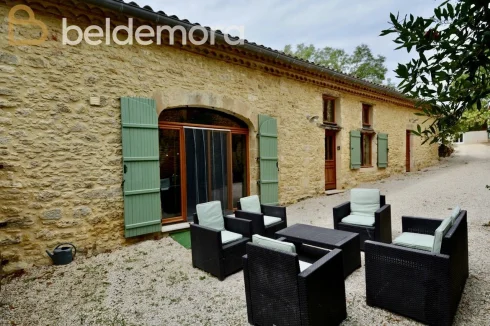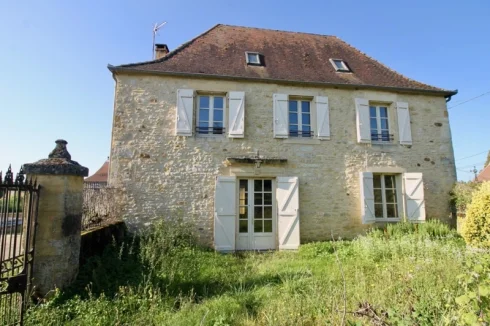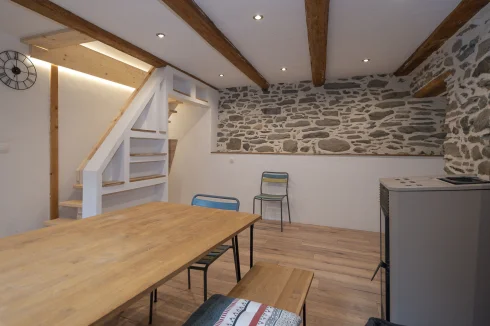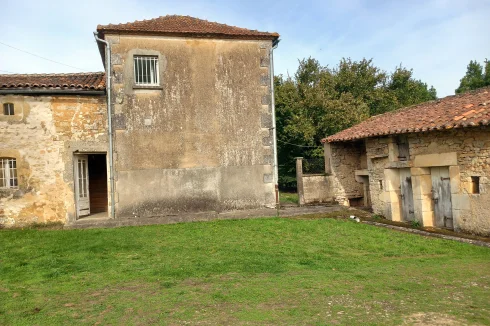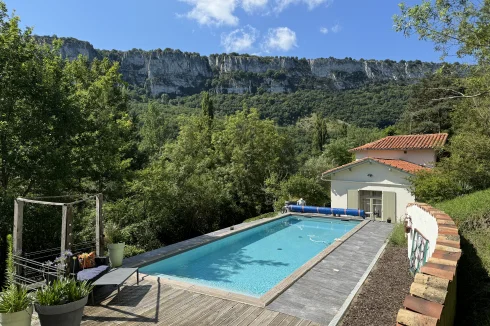Taxation of Chambre d'Hote Owners
Tuesday 11 March 2014
The government have issued a new circular in an attempt to clarify the legal and fiscal status of chambres d’hôtes activities.
We have previously written on these pages of the uncertainty that has historically surrounded the legal and fiscal status of chambre d’hôte owners in France.
The frontier area that they occupy, neither traditional furnished rental accommodation nor hotel, means that they have always been in no man's land between these two statutes.
The fact that it is sometimes carried on as an ancillary activity also causes difficulties in defining on what basis the income should be taxed.
In recent years there has been some attempt at clearer delineation, which has now culminated in a circular from the government summarising the regulatory framework.
The circular has been prompted by a series of legal actions brought by the Union des Métiers et des Industries Hôtelières (UMIH), against chambre d’hôte owners, many of whom they claim are flouting the regulations and effectively operating as hotels.
The main points of the circular, particularly as they relate to taxation, are set out below.
Definition
The legal definition of a 'chambre d’hôte' is given in the circular as accommodation that comprises furnished rooms in the owner's home to accommodate tourists on a payment basis, for one or several nights, accompanied by services.
The activity consists of the provision of overnight accommodation and breakfast.
It must be limited to a maximum of 5 bedrooms, with a capacity to accommodate no more than 15 persons.
This definition does not change from the one already contained in statute, and leaves unstated the position of those who own gite accommodation within their chambre d’hôte complex. In a parliamentary response to this issue in the past, the government have stated that the two are treated separately for tax and regulatory purposes.
The circular also fails to provide greater clarity on the distinction with hotel operations, for where at least three services are provided on an habitual basis - breakfast, cleaning, provision of linen and/or reception - then it is possible for the chambre d’hôte to be classified as an hotel. An entirely different regulatory and tax regime operates for hotels.
The law states that only if these services are provided on an 'ancillary' basis would they be considered a chambre d’hôte. In practice, as such services are central to the chambre d’hôte offer, it is difficult to distinguish on this basis.
Perhaps a more pertinent distinction is that a chambre d’hôte owner also lives on the premises, but this characteristic is not used in statute.
Business Declaration
The circular makes clear that if the owner undertakes the activity on an habitual basis they are obliged to register the business with the Registre du Commerce et des Sociétés (RCS), with registration to the RCS carried out through the local Chambre de Commerce.
If the activity is supplementary to a main commercial activity currently being undertaken, and registered through the RCS, the circular states that no registration requirement arises.
However, it is also possible to run the business as an auto-entrepreneur, in which case business registration is through the 'URSAFF', the social security contributions collection agency.
It should also be noted that since 2006 all chambre d’hôte owners, irrespective of business registration, are obliged to make a formal declaration of their activity to the local mairie.
Farmers who run a chambre d’hôte as a secondary activity register through the local Chambre d'agricuture.
Social Security Contributions
All chambre d’hôte owners are liable for social security contributions, but the basis on which they are liable depends on their status and income.
Those whose net income (revenu imposable) from the activity is at least €4,881 (2014) are liable for the full panoply of social security obligations at the rate of circa 46% of net income.
This means that those registered as a micro-entreprise under the 'régime de base' would need to have a turnover of €16,831 to be liable for social security contributions due to the 71% fixed cost allowance to which they are entitled.
Those registered as an auto-entrepreneur pay social security contributions at the rate of 12.2% on turnover, whatever the level of their profit or turnover.
Otherwise, below the annual figure of €4,881, there is no obligation to register with the Régime Social des Indépendants (RSI) and pay social security contributions.
In such circumstances, an owner would then be liable for the social charges CSG/CRDS at the rate of 15.5% on net income.
Income Tax
Profits from chambre d’hôte revenues are taxed in the category of Bénéfices Industriels et Commerciaux (BIC), acccording to the particular tax status of the business.
Those registered as a micro-entreprise or auto-entrepreneur would be granted a 71% fixed cost allowance against revenue, after which tax would be applied.
Alternatively, it is possible to opt for a fixed income tax charge, called the versement libératoire de l'impôt sur le revenu.
Those who opted for the 'régime réel' form of imposition would be taxed on their net profits after deduction of eligible costs.
VAT
A chambre d’hôte with a turnover of under €82,200 is not obliged to register for VAT.
Over this turnover, or by election (subject to tax status), then they can charge VAT, at the rate of 10%, on condition that at least three services are provided.
Local Rates
Chambre d’hôte owners are generally exempt from business rates (CFE), unless the local council has decided otherwise.
They are liable for the taxe d'habitation, but local councils have the power to grant exemption.
Tourist Tax
A tourist tax called the taxe de séjour is collected in around 3,000 communes in France.
The tax is ostensibly paid by the visitors who stay overnight, for the period of their stay, by adding it to the accommodation charge. The tax is then paid to the council.
However, it is not unusually the case that a council decides to simply levy an annual charge on the owner of the premises, based on the size of the establishment and the letting period.
A discount is applied from the base calculation.
The amount charged each year for a modest chambre d’hôte is no more than a few hundred euros.
TV Licence
The contribution à l'audiovisuel public is payable according to a professional tariff, based on the number of televisions on the premises.
Next Article: UK Television Channels in France
Thank you for showing an interest in our News section.
Our News section is no longer being published although our catalogue of articles remains in place.
If you found our News useful, please have a look at France Insider, our subscription based News service with in-depth analysis, or our authoritative Guides to France.
If you require advice and assistance with the purchase of French property and moving to France, then take a look at the France Insider Property Clinic.
